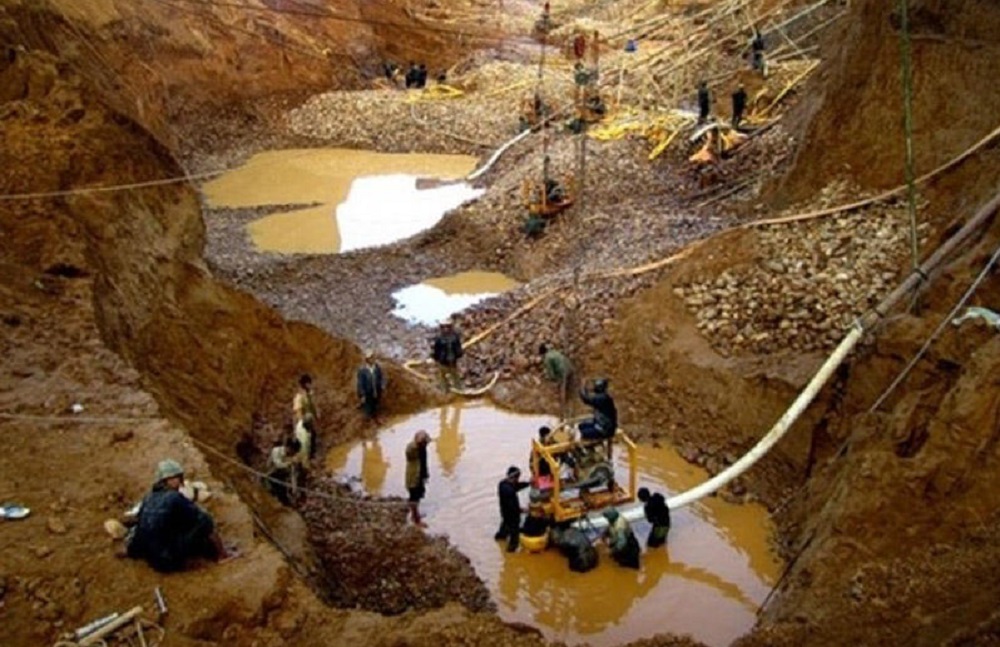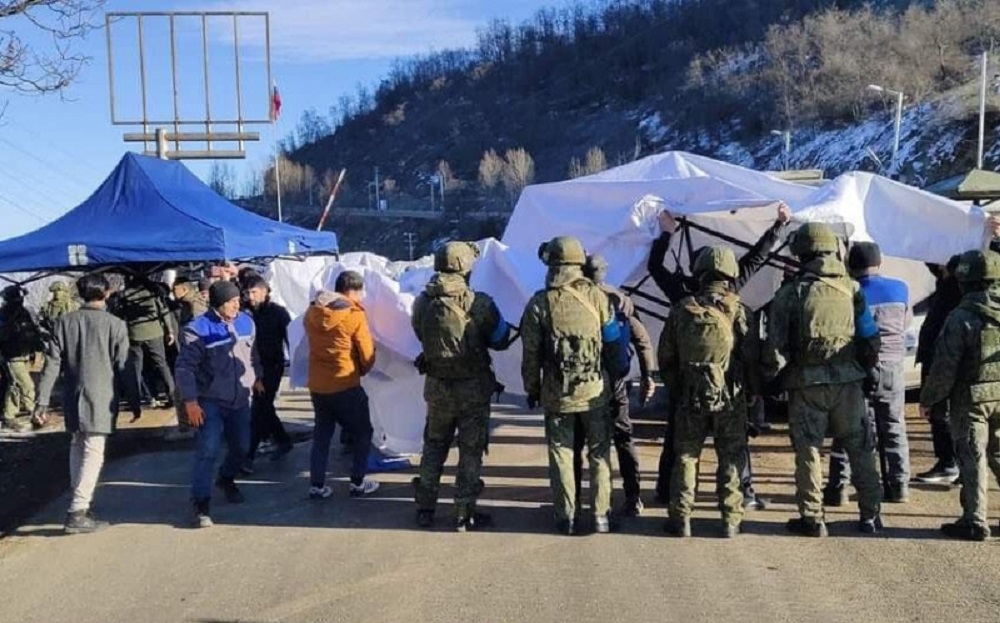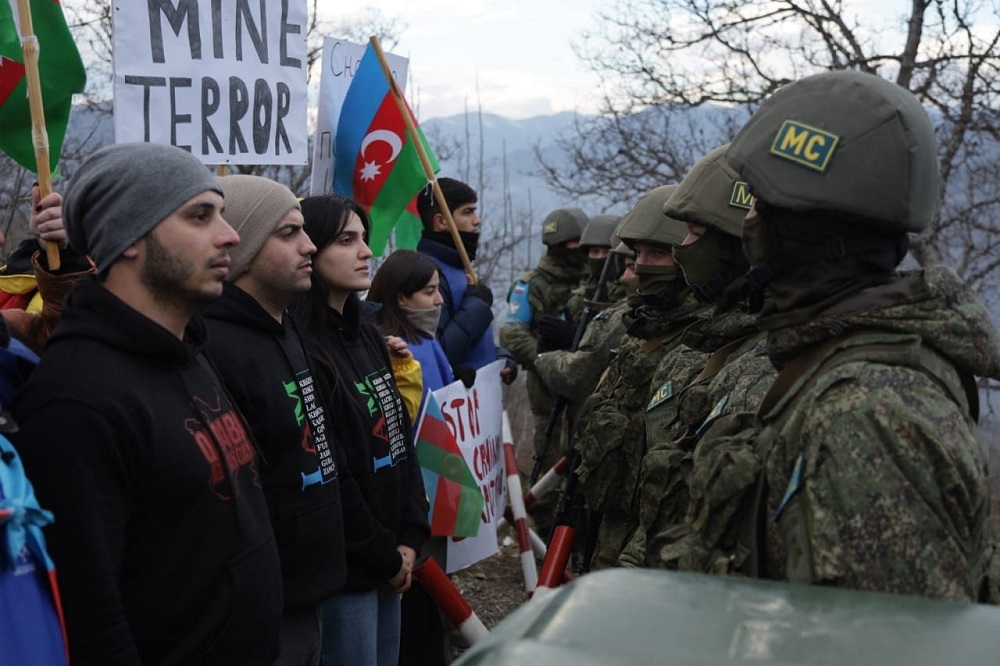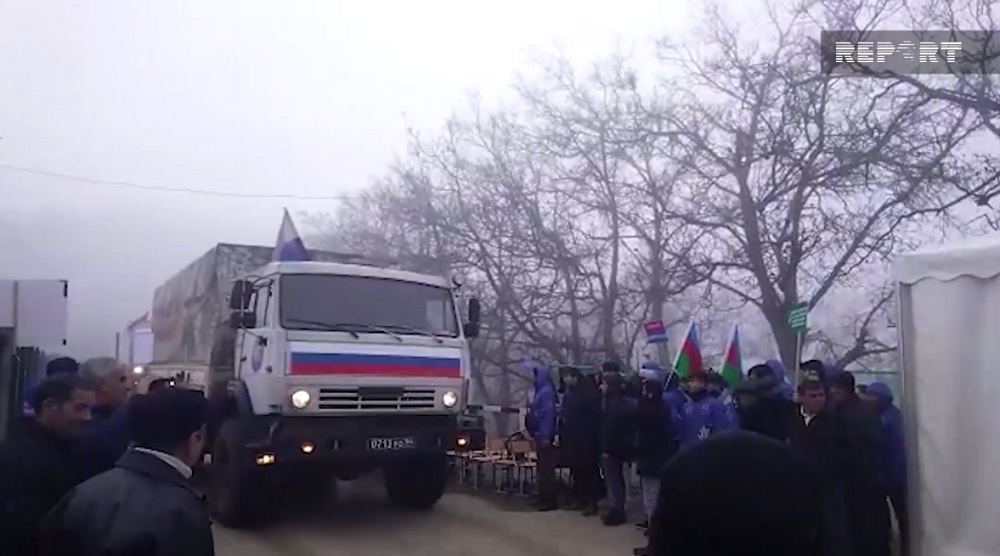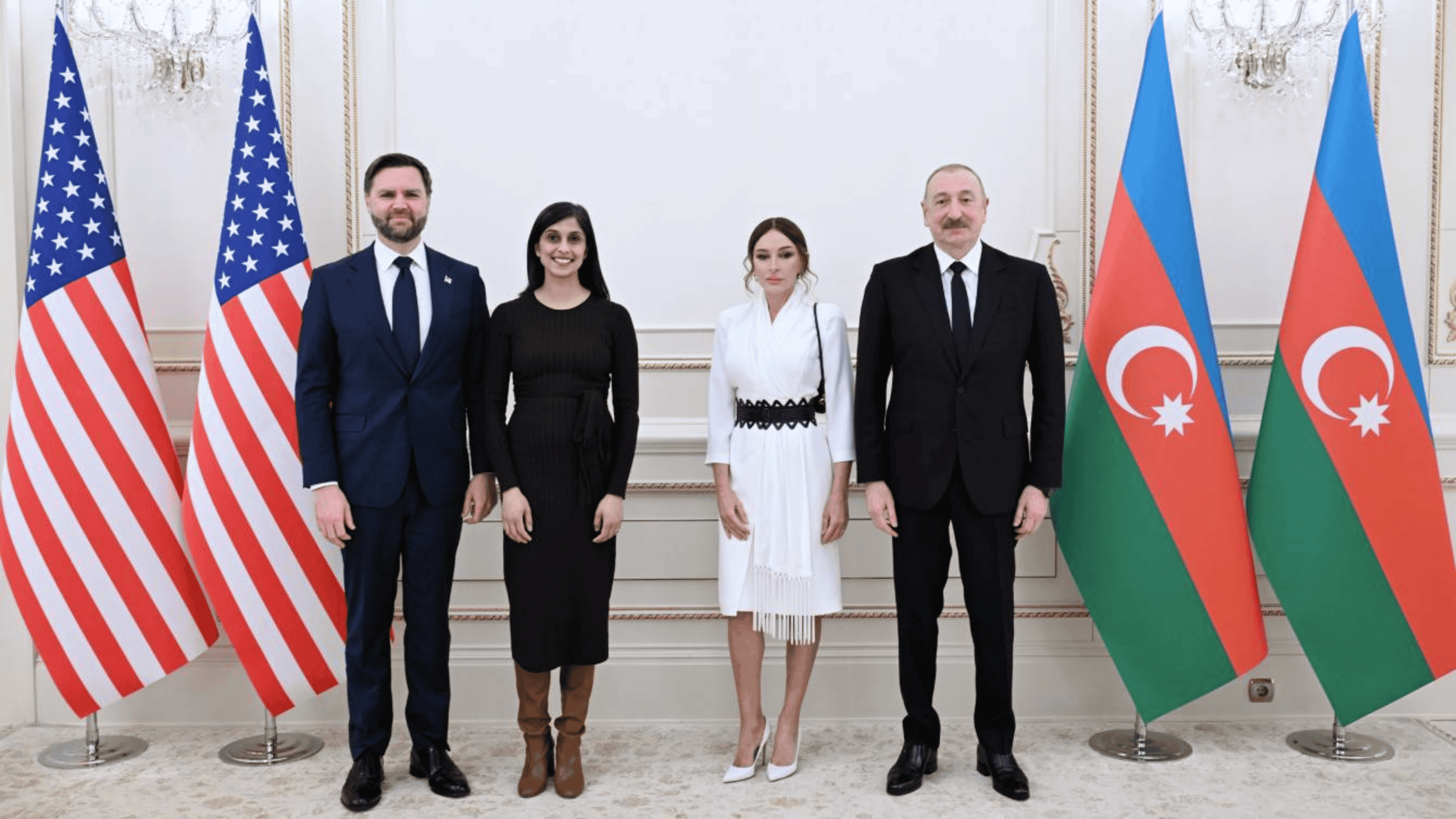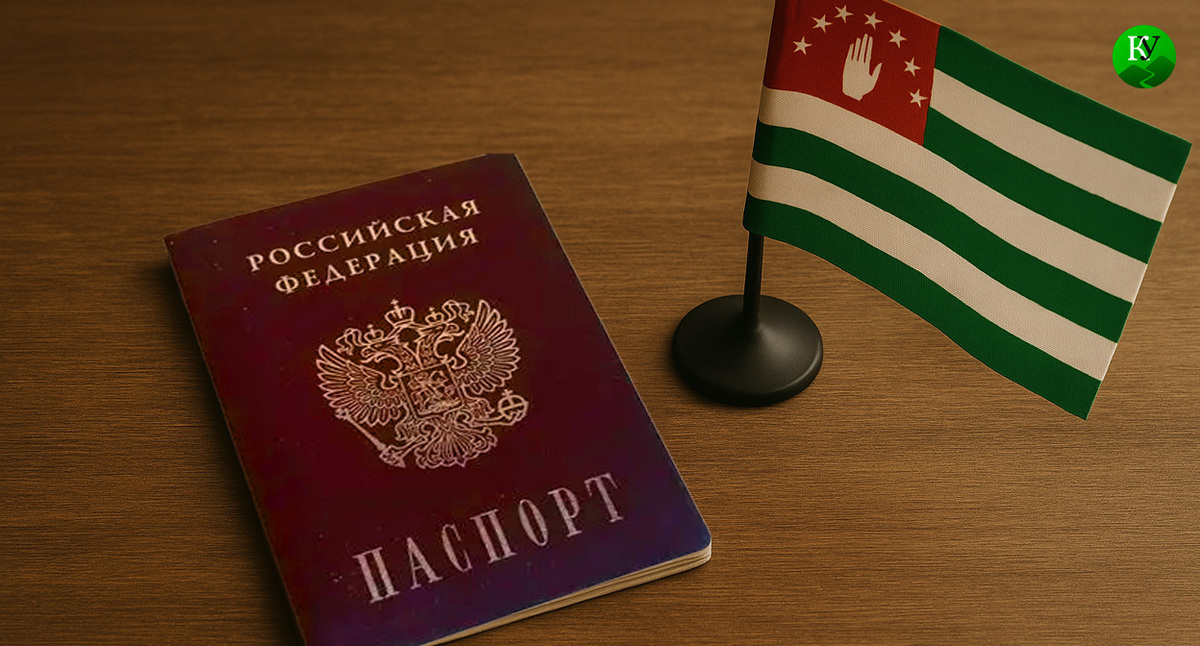Zardusht Alizade: "Neither Armenian nor Azerbaijani societies make decisions"
Zardusht Alizade on the situation in Karabakh
The protest by self-proclaimed Azerbaijani activists continues in the Lachin corridor. So far, none of the protesters’ demands have been met. The situation in the corridor indicates difficulties in negotiations between Baku and Moscow, Azerbaijani political scientist Zardusht Alizade believes. “Neither Armenian nor Azerbaijani societies make decisions,” he avers.
- In search of a brother’s grave in Aghdam
- Saakashvili trial: what happened in the courtroom
- Thirty years later: the Lata tragedy
It is the sixteenth day of the blockade. Over the past 24 hours, fuel trucks and Russian contingent vehicles are being allowed to Khankendi (Armenians call this city Stepanakert).
Alizade believes that the intention of the Ministry of Ecology and Natural Resources of Azerbaijan of monitoring mines in Karabakh indicates that an agreement could not be reached by Russian and Azerbaijani authorities. “The Russians think that Azerbaijan cannot oppose anything under the current conditions,” Alizade maintains.
“Neither Armenian nor Azerbaijani societies make decisions”
Alizade recalled that, according to the trilateral agreement signed on November 10, 2020, the peacekeepers stationed in the part of Karabakh where the Armenian population resides are supposed to guarantee peace:
“They cannot question the territorial integrity of Azerbaijan. And this means that the Azerbaijanis have the right to check what’s going on at the mines. The Russians say there are no problems, come tomorrow and check. But the next day, Armenians block the specialists.
After that, Baku says: “If you use “Armenian society”, we will show you the strength of Azerbaijani society.” And eco-activists block the road. The Armenians are beginning to sound the alarm that the civilian population is under blockade.”
Alizade believes that all this is a result of fruitless negotiations:
“Armenian society does not need these deposits, because the money received from the sale of minerals is not spent on their needs, but goes into the pockets of the oligarchs in Armenia or Karabakh. Of course, there is a group of people who work in these mines and receive salaries, but in general the Armenian population of Karabakh does not benefit from these deposits.
And the use of the power of the public under such circumstances once again shows that the parties have limited opportunities to agree on something.”
On whose side is Russia?
Alizade also talked about prospects for what is happening in Karabakh:
“Now the Armenians of Karabakh have both electricity and gas. After some time, under various pretexts patients will be transported to hospitals in Armenia. All this may happen, but the contradictions between the parties will remain.
I mean, of course, the contradictions between Baku and Moscow. In Armenia, they say that what is happening is a game between Azerbaijan and Russia. In my opinion, they are mistaken and see everything exclusively in white and black. In their opinion, Russia is either on the side of Armenia or Azerbaijan. In fact, Russia is on its own side.
Gradually, Azerbaijan will ensure that the Karabakh Armenians, as well as the population of Armenia, get used to Baku’s control of the Lachin corridor. Concrete steps are being taken for this.
Soon Pashinyan may announce the start of construction of the Zangezur corridor.”
“The choice is left to Yerevan”
Alizade also raised the issue of the relationship between what is happening in the Lachin corridor and the requirements for the construction of the Zangezur corridor:
“A few months after the end of the second Karabakh war, Ilham Aliyev announced that the status of the Zangezur corridor would be the same as that of the Lachin corridor. He spoke about this in Baku, Moscow and Brussels.
This choice is left to Yerevan — what status they determine for the Zangezur corridor, the Lachin corridor will have an identical status. In fact, there is no tragedy here. Let’s say the status of both roads will be the same. An Armenian will arrive, present his passport, cargo. If there is nothing forbidden, he’s go on quietly.
There will be only one difference: Citizens of France and Iran will no longer be able to travel along the Lachin corridor. They will be forced to obtain a visa from the Azerbaijani border guards.”
Who leads the Armenians of Karabakh?
According to Alizade, now in the part of Karabakh where the Armenian population lives “political games are being played”:
“Ruben Vardanyan defeated his political opponents Harutyunyan and Balasanyan for two reasons.
First, after the 44-day war, the positions of the traditional “leaders” of the Karabakh Armenians weakened. They have been declaring their invincibility for almost thirty years and pocketing the wealth of the region. The population believed them, because. they “created a state”, “gained independence”. But after the defeat in the war, their star began to fade.
Plus, these war criminals began to seek contacts with Azerbaijan. First secretly, then semi-secretly, and then completely open. Russia saw this as a danger to its ambitions. According to Moscow, the Karabakh Armenians have begun to go beyond what is permitted.
And the Kremlin ordered an assistant businessman to go to Khankendi and fulfill their demands. Now Vardanyan promises mountains of gold to the Karabakh Armenians. People rejoice. Arayik Harutyunyan was forced to appoint him “Minister of State”. And in fact, now the leadership is in the hands of Ruben.
“Ruben Vardanyan is nobody for Baku”
“But what can Vardanyan do without any funds? There is no army, and if a handful of armed men move there, they will be smashed to bits.
The region’s finances consist of the 360 million allocated by Armenia from its budget. This money goes to pensions and salaries. In other words, these people live at the expense of Armenian taxpayers. There is no production. There are several mines that are operated by unknown people.
What can Vardanyan do with this? Well, he held a rally. What’s next? If anything could be achieved by speaking at rallies, the Azerbaijani opposition would have achieved something long ago.
That is why Vardanyan is trying his best to achieve contacts with Baku. This was his first task. But Azerbaijan did not recognize him. Why? Here it is worth referring to the experience of Russia in Ukraine.
At first, Russia tried to achieve contacts between Kyiv and its vassals in Donetsk and Lugansk. But Ukraine did not accept them; they are nobody, just agents of the Kremlin.
Through the mouths of such people Russia voices its demands, because Moscow itself cannot do this, being contrary to international law.
They also wanted to force Azerbaijan to negotiate with Ruben Vardanyan. That is why Aliyev said that we do not recognize him and do not intend to negotiate with this person.
Perhaps someday Baku will negotiate with the Karabakh “leaders” who are war criminals. But not now, but someday.
At present, the signing of a peace treaty is in the foreground for Azerbaijan. This document will state that Armenia does not make any territorial claims against Azerbaijan. After that, Azerbaijan is ready to conduct a dialogue with its citizens. But there is no representative of the Karabakh Armenians named Ruben Vardanyan and there never will be,” Alizade says.
Who is against a peace treaty?
Alizade says that at present two countries, Russia and France, do not want a peace treaty between Azerbaijan and Armenia:
“Not because France is against Azerbaijan. It is against Turkey, and in Paris they understand that Azerbaijan and Turkey are united on this issue. Turkey allegedly stands aside, but at the same time stands next to Azerbaijan. Therefore France is against a peace treaty.
And Russia’s position is clearer — the peace treaty will limit its ability to maneuver in the region. Ties will appear between Armenia and Azerbaijan. Until yesterday, Moscow thought it had gotten the Armenians expelled from Azerbaijan, and the Azerbaijanis from Armenia. There was a conflict in Karabakh, both sides were armed with Russian weapons. Russia itself managed the conflict, the parties were subordinated to Moscow.
After the 2020 war, the situation changed. Azerbaijan and Armenia have already held several rounds of direct negotiations. This process will continue. Contacts will continue at the public level. This is a positive trend.
But Moscow believes that if it does not intervene, the parties will find a common language and make decisions independent of the will of the Kremlin. So Putin is trying in every possible way to postpone the solution of the Karabakh issue. But Azerbaijan does not want this. Baku is trying to solve everything now.
Pashinyan‘s position is even more difficult. If he needs money, he no longer asks Russia for it. Azerbaijan does not need anything from anyone.”
What is the US up to?
Neither Azerbaijanis nor Armenians are of interest to Washington, Alizade believes:
“The global adversary of the United States is Russia. Washington is trying to neutralize Russia in our region. And what is needed for this?
In Washington, the idea of recognizing the territorial integrity of Azerbaijan is being imposed on the Armenians. Armenia asks what will happen to the Karabakh Armenians in this case. The United States answers, you first recognize the territorial integrity of Azerbaijan, sign a peace treaty, and then we will force Baku to enter a dialogue with the Armenians from Karabakh and we will be mediators in this process. We will try to secure some advantages for the Karabakh Armenians. That’s the whole American position.
And if this scenario succeeds, everyone will look towards Russia and ask: What are you even doing here?”
Zardusht Alizade on the situation in Karabakh










